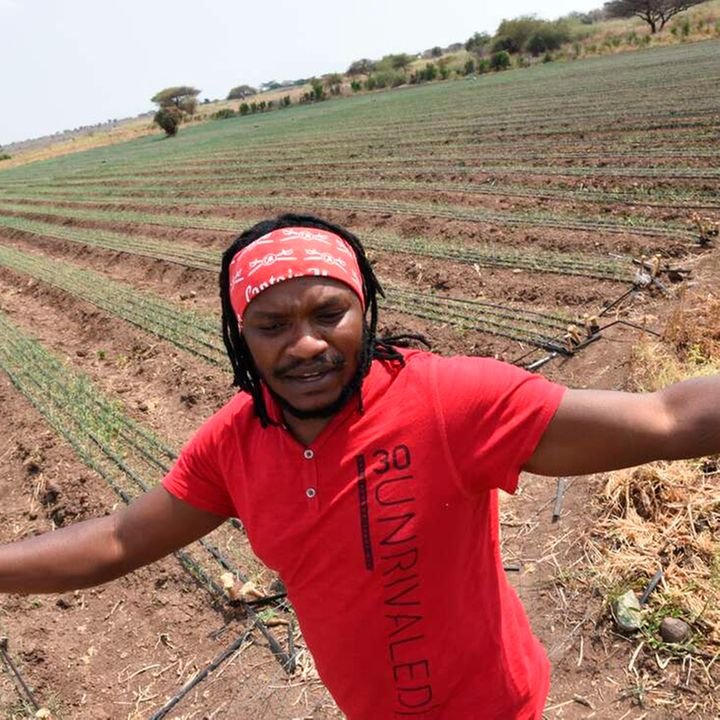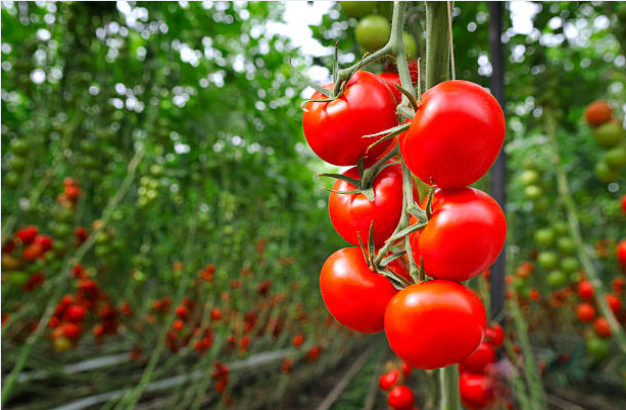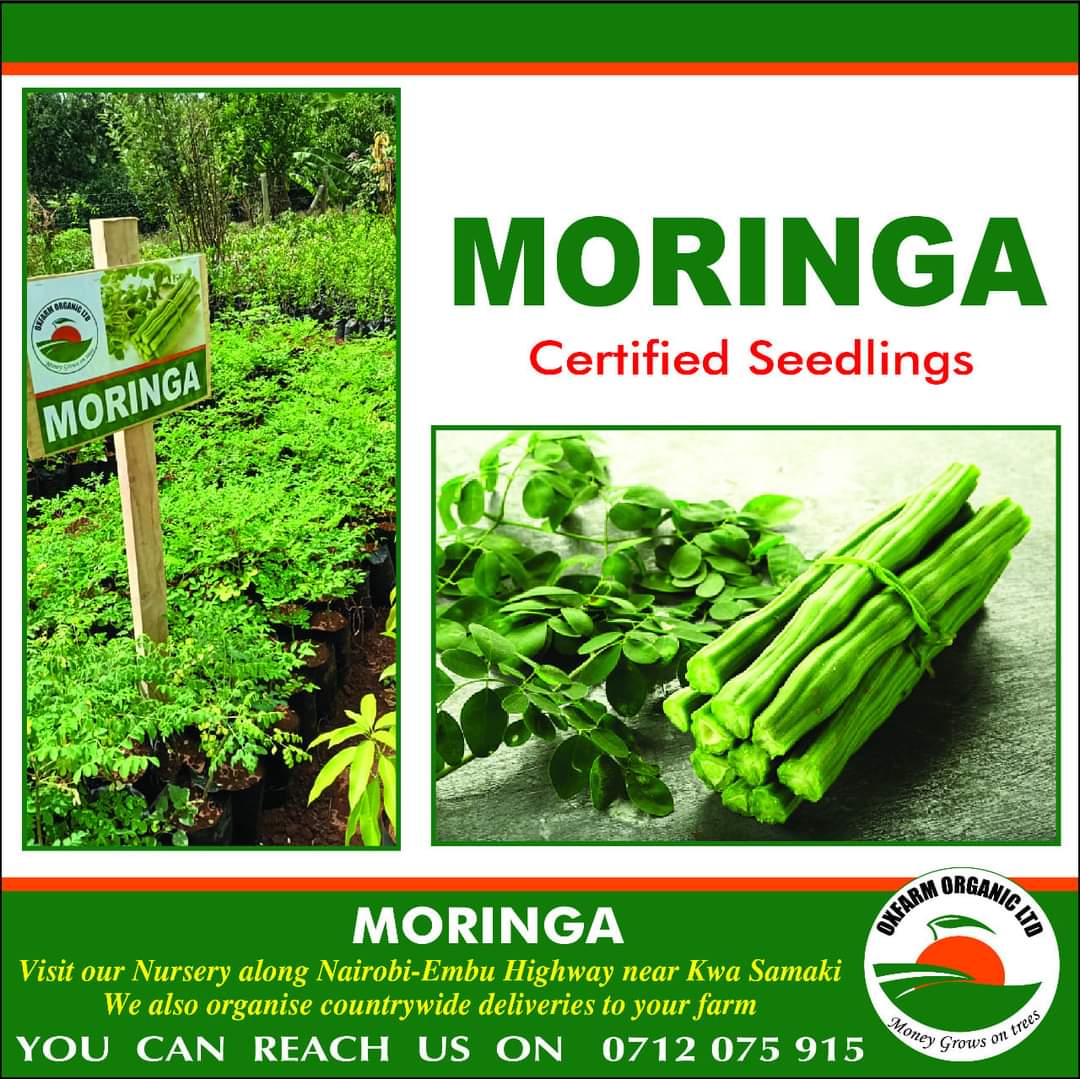Sporting dreadlocks and dressed in a red T-shirt and black trouser, Michael Macharia is not your typical farmer.

The 28-year-old juggles onion farming with deejaying with ease, engaging in both of the trades successfully for the past three years.
“I started onion farming as a side hustle, I grow the crop on six acres in Kisamis, Kajiado County, having inherited the land from my grandfather,” says Macharia, whose stage name is Dj Mikal B and works at a TV station.
He farms red and white onions, harvesting the former every three months to end up with 20 tonnes.
“I farm the crop under irrigation, drawing water from a 330-metre deep borehole. I pump the water from the borehole to storage tanks before it flows to crops,” he explains, noting his start-up capital was Sh350,000.
Having faced challenges pumping the water using electricity, the DJ switched to solar power. “The solar power system has an output of 3.7Kw, 415V. It has helped us cut costs that we used to incur when using electricity.”
Dj Mikal B started farming in 2018 after his grandfather (now deceased) introduced him to agribusiness.
“The land had stayed idle for years, so one day my grandfather who passed on three months ago, called and asked me if I could use it for farming. I couldn’t let the opportunity pass.”
To get capital, he says that he saved most of his earnings from his first job at Switch TV.
“I started with three quarter-acre, which cost me Sh350,000, money that went on installation of an irrigation system, labour, seeds and preparation of the land,” he says, noting tomatoes and watermelons were the first crops he grew.
But the ventures flopped, he recalls. “Though the crops did well, my produce did not leave the fields. Wild animals ate them leading to losses. Someone advised me to erect an electric fence but this was too expensive. I found relief in growing onions.”
To grow the F1 onion variety, he prepares the nursery depending on the size of the farm. After seven days, the seeds germinate and will be ready for transplanting after at least a month.
So far, so good, says DJ Mikal B, but he has to battle a number of challenges including diseases like pink rot. To curb the disease, he rotates onions with maize, cabbages and bean.
Timothy Munywoki, a senior agronomist (Technical and Products Development) at Amiran Kenya, says crop rotation reduces pest build up, thus increasing yields.
“Off-season growing tends to attract a lot of pests to the crop due to little vegetation cover.”
Another way to get rid of pests and diseases, Munywoki says, is planting hybrid varieties, as they are tolerant to diseases.
The biggest challenge with horticultural crops, he notes, is high cost of production. “When it comes to seeds, the recommended quantity is one kilogramme for an acre. A kilo of the seeds goes for between Sh25,000 and Sh28,000 depending on where one is buying.”
However, the biggest problems of them all, DJ Mikal B says, has been the price of the produce. Cheap onions imported from Tanzania have soiled the market.
“There is a lot of money that goes into this kind of farming, but pricing becomes a challenge with the imports,” he says.
He sells a kilo of onions at Sh40 to brokers from Marikiti in Nairobi who come for the produce from the farm, a price that does not offer him good profits.
“If things were good, the onions could go for up to Sh100 per kilo. This would help me recover my costs.” The biggest lesson he has learnt, he adds, is that farming pays if one is patient. “Apart from that, farming keeps you busy, especially if you are a young person.”




